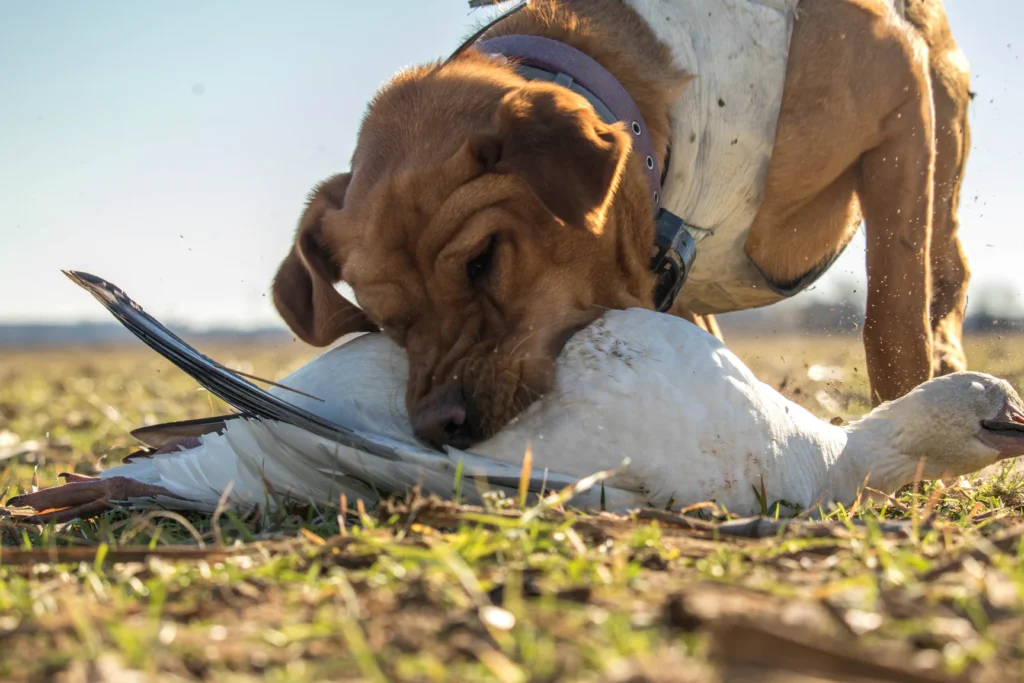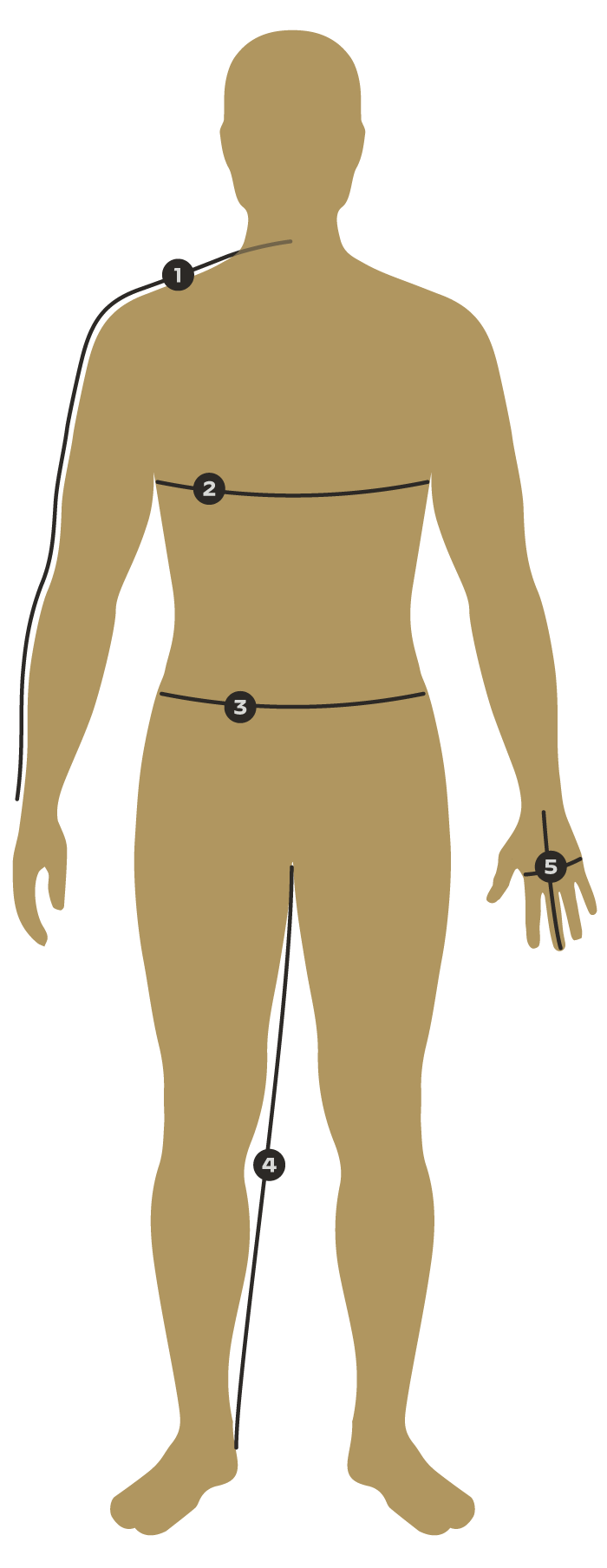Nothing extracts the beauty of a marsh at sunrise, whistling wings overhead and the chatter of fowl than the distant sound of a disgruntled dog owner trying to handle (what appears to be) an unruly dog. Everyone reading this has either witnessed it first hand or heard similar stories. Whether it’s your first dog, a puppy, started or field trial washout, the preliminary decisions you make will ultimately determine the direction you travel with your new companion.
We recently sat down with retriever trainer Scott Rumble of Gander Ridge Retrievers to get some counsel and understanding of what to expect when you’ve made the decision – it’s time to buy a dog. Scott has been training retrievers and working with dog owners for over 15 years at his kennel in Ridgetown, Ontario, Canada.
To begin, we asked Scott if our assumptions were correct in the first question he was asked from all aspiring new dog owners – cost. Scott’s immediate response (with a slight grin) was “the least expensive investment you’re going to make in dog ownership is the original purchase. It costs the same to feed a master hunter as it does the family pet. It’s like buying a car, if you want all the bells and whistles, you’re going to have to pay for it”. With that said, we quickly steered the conversation to the purchasing process and research recommendations. “The most important part is to do your research and homework on pedigrees, health clearances and avoiding the impulse buy,” says Rumble. “The Internet can be a great place to start but don’t hesitate to pick up the phone and make some calls. Be very detailed while explaining your objectives and goals with trainers and other handlers. The retriever training world really is a small community, the person on the phone might not have what you’re looking for, however they may know someone who does.”
Once we discussed narrowing down options and having even possibly singled a dog out, we knew where the conversation was headed – training. Before we could ask any specific questions, Scott began with a statement of which made it quickly apparent he’s quite familiar with the subject. “There are countless quality training videos on the market for getting your puppy off on the right start”. However he placed a very heavy emphasis in that “socialization is probably the most important training exercise you can do at this stage”. “While the desire to start throwing balled up socks down the hallway is super tempting at this point, it’s more important to get to know your dog and better yet, he gets to know you.” This obviously being directed more to puppy owners, however it’s just as critical if you’re starting with an older, more advanced dog. Scott states that with older dogs “it is still very important that you spend the time necessary to allow the dog to bond and gain your trust”.
Once the conversation turned to training, we let Scott take the ball and give us his thoughts from his years of experience of training and hunting over all types of advanced gun dogs. “Basic obedience” says Rumble, “it’s the building block for everything to come”. “Commands such as sit, here, heel and kennel are some of the commands we start with. Obedience training is a marathon, not a sprint,” says Rumble. “This is such a critical time in your new hunting partners education and they must become very responsive before moving forward into further training. In regards to a started dog, the best thing you can do is to attend training sessions with the current trainer/owner before bringing the dog home. Maintaining the training regiment that the dog is already familiar with is the key here. All trainers are different. From the tone of their voice, their body postures and just overall mannerisms, your new companion needs to become familiar with you. Keeping it as routine as possible is the best method.” Rumble goes on to say “a started dog is also much more likely to test your authority. You’re the boss and acceptable standards must be set at this time.”
Once we covered selection, socialization and the basics of obedience, it was time to talk about the obvious question around investing in a new gun dog – how am I going to handle the training? Scott says that it’s really just a matter of understanding your goals for your new dog. “How often will this dog be in the field, do I plan on competing in dog trials, what hunting environments will he be exposed to, etc.” “Be realistic,” says Rumble, “what’s your time worth, or is the time even there to train?” are all valid questions you need to ask yourself. “It’s like a stairstep of events. You must hit every rung on the ladder to get to the top. Regardless of performance within each step, the same amount of patience and consistency must be displayed at each level.”
Professional training is becoming more of a viable option. A trainer not only brings the equipment and property necessary to do to the job but also has the experience dealing with all types of different dogs’ personalities. They train every single day, and can typically easily identify a dogs’ strengths and weaknesses. All of this obviously comes at a cost. However, it’s generally money well spent given the investment you’ve already made up to this point.
So there it is, a genuine “been there done that” view from a more than qualified individual in regard to a question all waterfowl hunters ponder. With that said, the next time you hear that disgruntled yell from across the pool at the early dawn hours, just remember, you have options.
Scott Rumble runs Gander Ridge Retriever’s in Ridgetown, Ontario, Canada. You can find him on social media or by email at [email protected].

